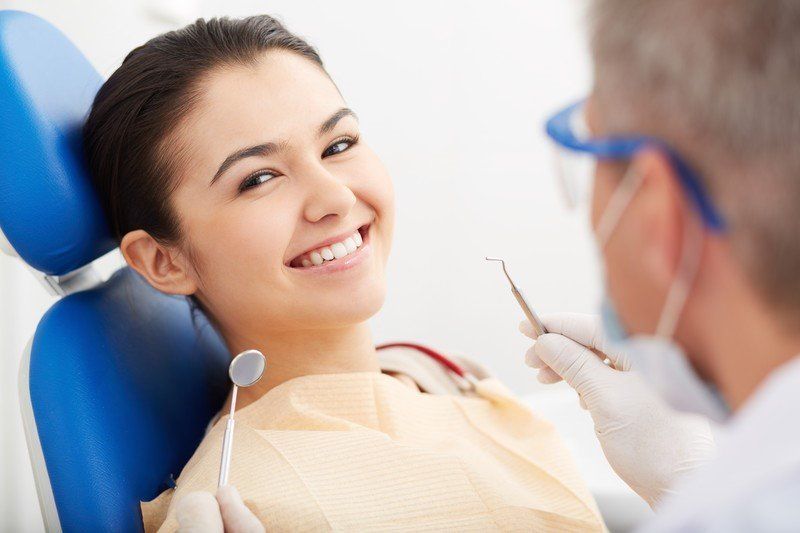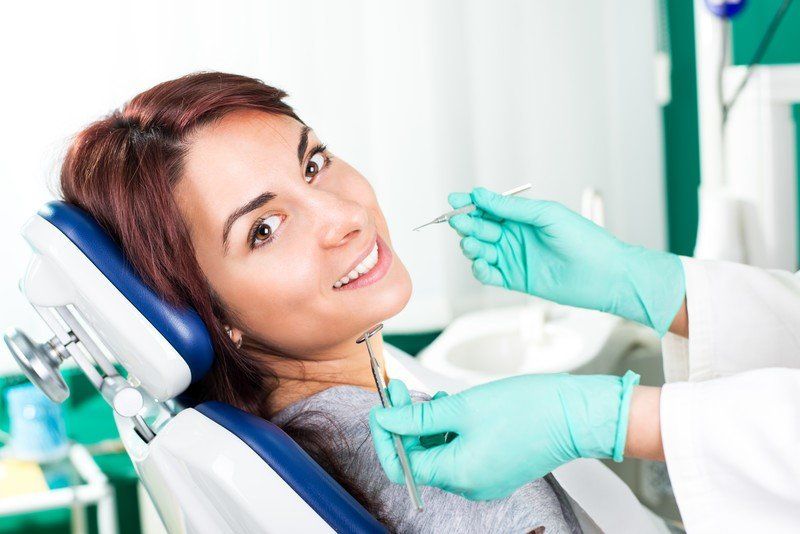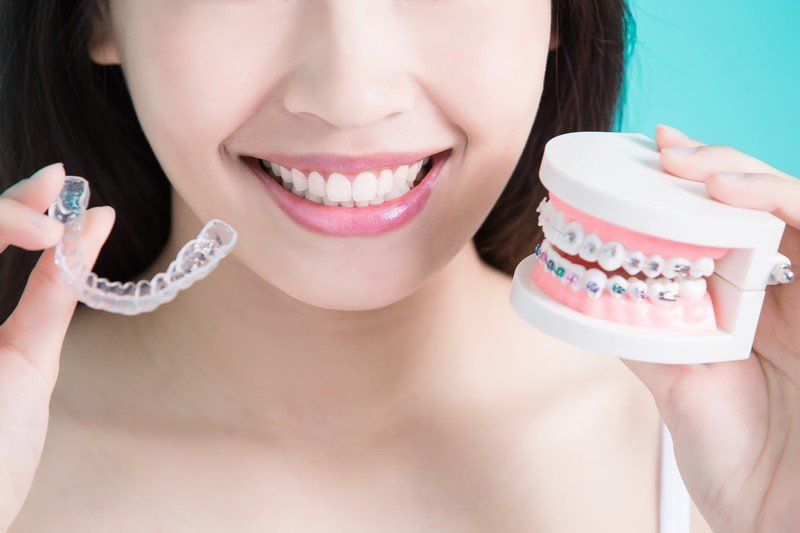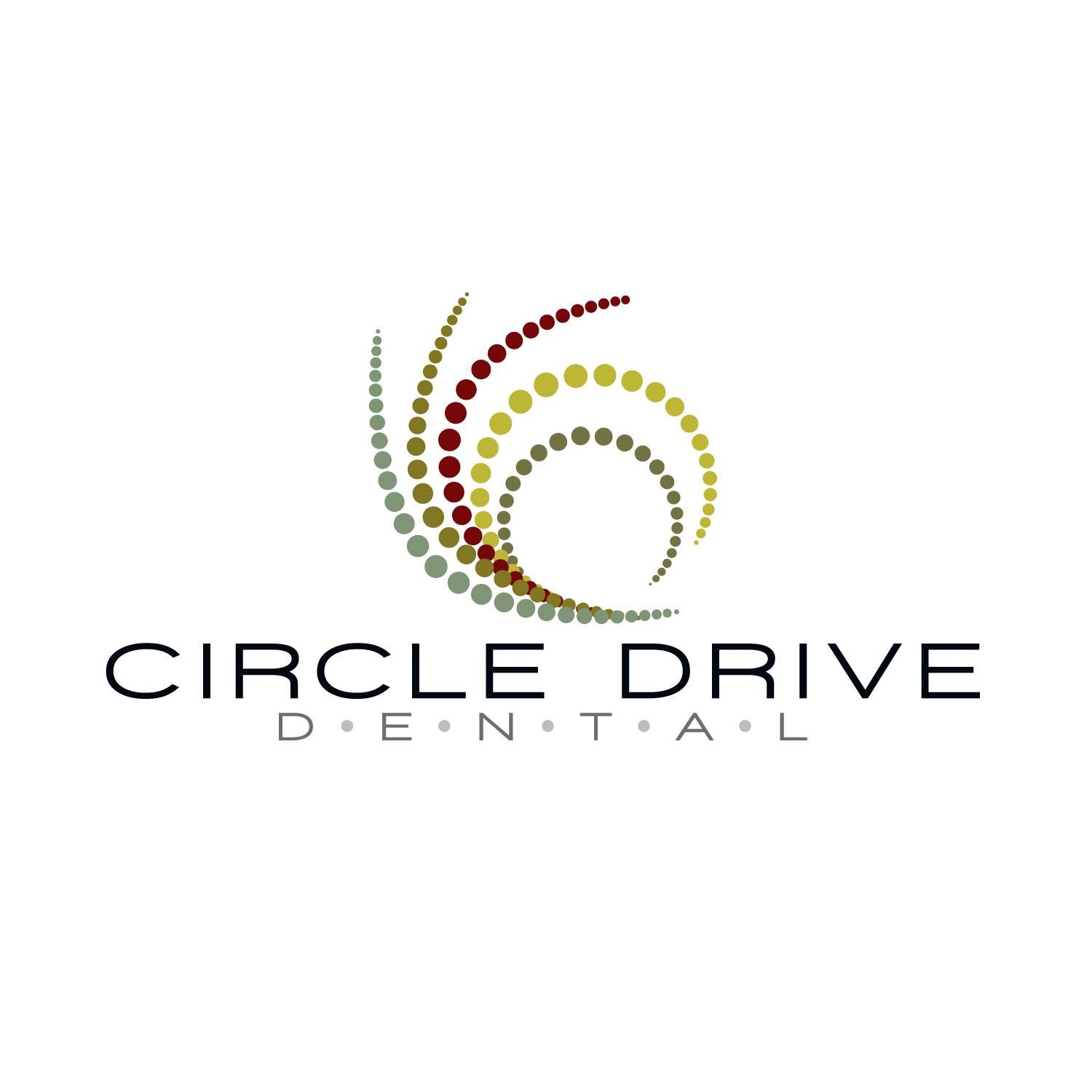Circle Drive Dental Blog
Invisalign: An Alternative To Braces
- By Summer Mallan
- •
- 13 Dec, 2018

Braces, in one form or another, have been around for more than 2,000 years. Invisalign, a product developed by Align Technologies, was launched in 1999. But despite being the new kid on the block by a large margin, Invisalign’s popularity has skyrocketed since its debut. Circle Drive Dental in Rochester looks at Invisalign’s characteristics and benefits, and discusses who should consider this revolutionary product.
What Is Invisalign?
Like braces, Invisalign is used to straighten a patient’s teeth. Invisalign is also used to correct a range of other oral issues, including overbite, crossbite, crowded teeth, widely spaced teeth, and simple bite flaws. Invisalign also improves a patient’s smile and boosts oral health.
Also known as “invisible braces”, Invisalign consists of two clear, computer-designed aligners for the upper and lower rows of teeth. The aligners are incredibly thin – less than one millimeter thick, in fact. Patients interested in Invisalign schedule a preliminary consultation with our local dentists and have impressions and pictures taken of their teeth. This information is sent Align’s dental lab and is the basis for creation of the patient’s first aligners.
At the initial fitting, patients are provided one or two sets of aligners, depending diagnosis. Follow-up appointments are scheduled every 4 - 6 weeks, at which time new aligners are created to ensure the patient’s teeth are moving to the desired position. Over the course of treatment, 20 – 30 aligner sets are used, each slightly different due to the progression of the teeth from “crooked” to straight.
Invisalign Benefits
Invisalign’s biggest benefit is the product’s design. The fact that they’re clear is a big plus for people who don’t like the look of traditional braces. Also, Invisalign aligners are not only customized to the patient’s teeth, they’re also removable: another significant advantage over braces. The aligners slide easily on and off the surfaces of the patient’s teeth, but we should point out that the aligners must be in the patient’s mouth for a minimum of 20 hours per day. In fact, they’re only removed when the patient brushes, flosses, eats, and drinks.
Because Invisalign is removable, the usual drawbacks associated with braces (discomfort from wires, difficulty chewing, and getting food caught) are non-existent. Also, Invisalign tends to work faster than braces. Depending on the patient’s needs, Invisalign’s durational range is 6 - 18 months. For braces, the average “wear time” is around two years, and there is no taking the braces off during that time. Moreover, whereas braces can cause bleeding due to a fall or other form of impact with the patient’s mouth, Invisalign’s smooth plastic composition means there’s minimal risk of oral irritation or bleeding.
Who Should Consider Invisalign?
For patients who don’t like the look, feel, and “permanence” of traditional braces, Invisalign is an excellent alternative. Invisalign is also ideal for patients who want to brush, floss, and eat without any obstructions. Patients must be disciplined regarding aligner removal, or risk jeopardizing their treatment plan. For this reason, Invisalign is only recommended for teens and adults. Also, there are certain orthodontic conditions for which Invisalign won’t work – for example, patients with complex malocclusions, or who need their teeth moved vertically. However, these are the exception to the rule.
Call Us for a Consultation
Our nearby dentists serving Rochester offer extensive experience with Invisalign procedures. If you’re interested in the benefits provided by this alternative to traditional braces, contact us today and make an appointment for a consultation.





